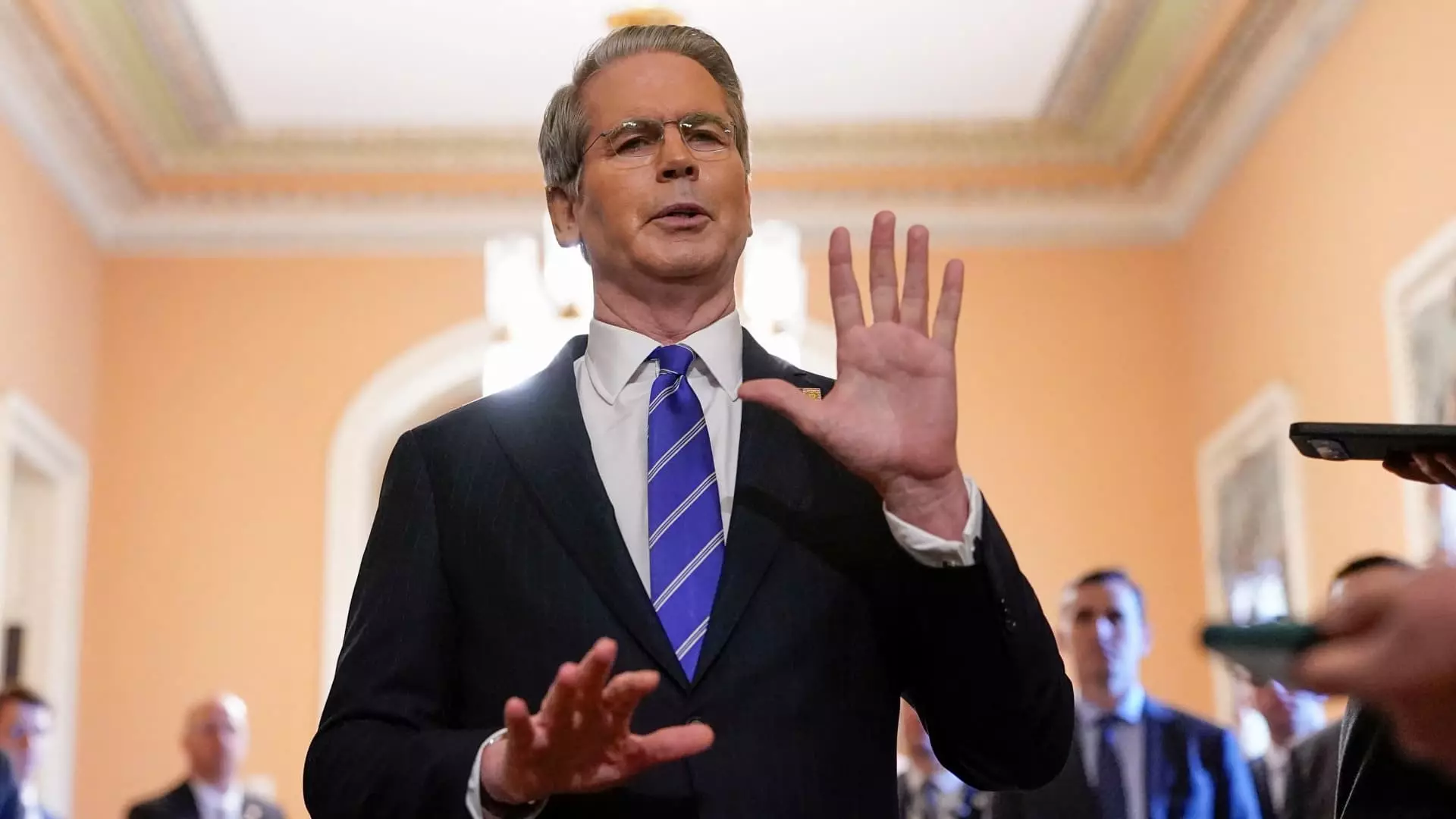The recent stance by Treasury Secretary Scott Bessent on tariffs underscores a troubling pattern: the use of punitive measures as leverage rather than genuine pathways to fair trade. While the administration speaks of negotiations and deadlines, the reality remains that these tariffs serve more as strategic tools than honest efforts to foster equitable economic relationships. The threat of reverting to previous tariff levels on August 1 exemplifies a policy driven more by brinkmanship than by constructive dialogue, risking exacerbating global economic instability. Such measures threaten to ignite retaliatory cycles, harming consumers, businesses, and workers across sectors, especially when intended as leverage rather than part of a balanced, nuanced approach. In essence, these tariffs symbolize a simplistic view of trade as a battleground rather than a complex web of mutual interdependence deserving of careful diplomacy.
The False Hope of Swift Negotiation
Despite the administration’s narratives of imminent deal-making, the reality is that negotiations are often stall-prone and unpredictable. The assertion from Bessent that multiple big announcements could arrive in days seems more wishful than grounded in concrete progress. The historical tendency for trade talks to drag on, often entangled in political and ideological battles, suggests that such optimistic forecasts should be viewed with skepticism. Relying on the promise of quick resolutions fosters false optimism, all while markets and international partners remain uncertain. The administration’s approach, seemingly rooted in the idea that deadlines and threats will motive concessions, overlooks the importance of long-term, stable relationships based on reciprocity, not coercion.
The Risks of Short-termism and Economic Instability
It’s easy to dismiss these tariff disputes as temporary hurdles, but their ripple effects threaten to destabilize the global economic fabric. Uncertainty breeds hesitation—investors hold back, supply chains become strained, and consumer confidence erodes. Meanwhile, trading partners are forced into reactive measures, safeguarding their own economies rather than seeking collaborative solutions. The administration’s focus on short-term tactical victories obscures the much-needed foundation of respect and mutual understanding essential in world trade. If tariffs continually oscillate, the global economy risks sliding into a cycle where cooperation is replaced with suspicion, fundamentally undermining the potential for sustainable growth and equitable development.
A Center-Left Perspective on Fairness and Diplomacy
From a centrist liberal vantage point, genuine trade policy should prioritize fairness, transparency, and multilateral cooperation. Unilateral tariffs and aggressive deadlines threaten to deepen divides rather than bridge gaps. While protecting domestic industries is legitimate, it must be balanced against the broader goal of fostering international partnerships based on mutual respect. The current approach—focused on brinkmanship and immediate economic gains—fails to recognize the importance of diplomacy rooted in dialogue and sustainability. In the end, sustainable trade relations depend less on punitive measures and more on building a consensus that elevates working-class interests worldwide, ensuring economic resilience without sacrificing moral integrity.


Leave a Reply